Giao Hang on running an inclusive hiring process, how she values and prioritizes partnership, and the importance of a universal North Star
HealthSherpa strongly believes in creating inclusive, equitable spaces, which build trust, respect and a sense of belonging that are critical to our culture and work. We’re excited to feature our colleagues and hear more about their experiences at HealthSherpa, from their first touchpoints all the way up to their tenure and growth. In this post, hear from Data Science Manager Giao Hang, who shares her perspective on her charge as a hiring manager, how to mitigate bias in interview processes, and what makes both the recruitment experience and day-to-day work at HealthSherpa unique.
Please share some background on how long you’ve been at HealthSherpa and what brought you here in the first place.
I’ve been at HealthSherpa for just over a year. I was initially attracted to the mission of getting folks access to Healthcare; and along the way, the interview process sold the deal for me, because the interview panel was diverse along various dimensions, and the team was clearly looking not just for technical talent but also values alignment. I don’t think I’ve ever been through an interview process quite like that; to be honest, I got really excited along each step of the way. I think our interview process rings true to our culture, which has definitely been my experience since I joined the team.
In your experience, what do you think might make someone successful at HealthSherpa?
Empathy towards others and a natural curiosity to learn more about how the different forces – health insurance companies, agents, consumers, and various groups within healthcare and policy at large – interact with one another, and what motivates their behaviors and decisions. I’ve been at other companies where teams can become hyper-focused in their particular domains; at HealthSherpa, it helps to take a step back and try to understand the motivation of the different people who touch our platform. We’re working to support people to get access to affordable care. It’s critical to take a step back from the nitty-gritty, and to ground yourself in this larger picture, about how everyone is approaching this challenge of enrolling people into ACA plans; it really informs the products that we have.
What do you do to mitigate bias in the hiring process?
Something that I appreciate about our interview process is that we’re able to gather data and feedback on candidates across a panel of diverse interviewers and stakeholders. I’m able to see everyone’s individual thoughts as the hiring manager; whether I personally find a candidate compelling for the role or not, it doesn’t tell me the full picture. Having a team of different interviewers gives me a more comprehensive picture of each candidate’s profile that I’m not able to get from my own single conversation.
Having this collective approach helps mitigate bias – we source feedback and perspective from people across the gamut. We consider representation of our panels across so many dimensions – identity, lived experience, tenure at the company, role function and level. It’s really important to collect all the different perspectives because of the limited time we have to interview candidates. My colleagues may have caught something in the interview process that I as a hiring manager may have missed. Listening to all sides is a practice that we continue also internally at the company, even as we work to scale.
What would you want a brand new team member to know about you before working with you?
The first thing that I want a new team member to know about me is that my door is always open for feedback. Even feedback on basic analysis and how to solve a particular problem. As a hiring manager, I see the ways in which many candidates might approach the same questions and problems – I get humbled seeing how different candidates might take an approach that had never crossed my mind.
I take feedback as an opportunity to improve how I communicate and work with others. I’m open to learning new things – everyone has their own way to process information and there is no one right way to look at data.
I also value partnership and communication and how this relates to feedback. I don’t want to bulldoze my way into collaborative spaces – I want new team members to speak up, to share their ideas, and push back where they feel like they need to in order to arrive at the ideal conclusion or right next step.
What have you learned at HealthSherpa?
At HealthSherpa, there’s a huge attempt to align the entire company on the company objective of increasing enrollments in the ACA alongside our business strategy. I’ve never seen this happen in a company I’ve worked in before, in such an explicit way.
Having a clear company mission as a universal north star that resonates with everyone at the company is extremely important. At the end of the day, we are all trying to do the same thing and that is the north star that we can use to approach problems and resolve conflicts. Seeing how this plays a part in our work at HealthSherpa has been so gratifying to learn – now I can’t think of being somewhere where this is not the norm.
Want to work with Giao and the rest of our phenomenal team? Click here to explore current openings and hear from more teammates at HealthSherpa!


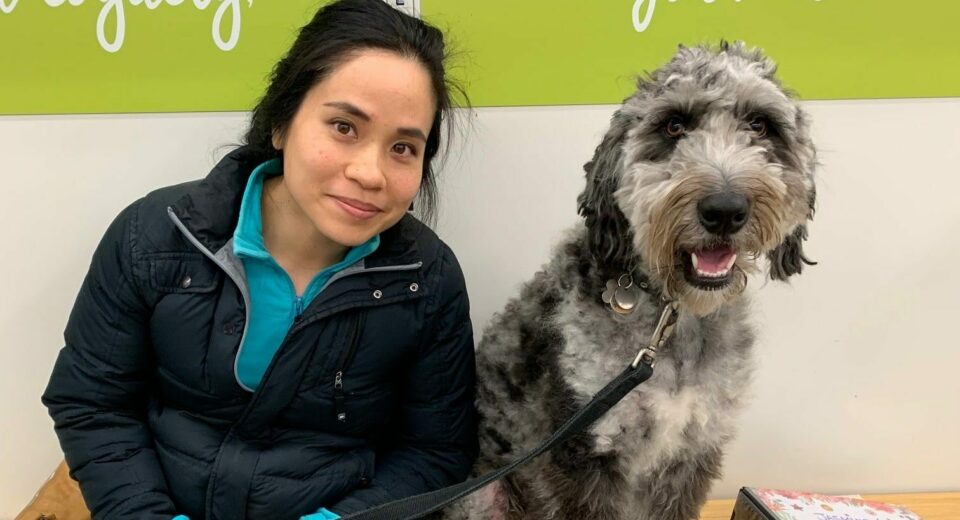




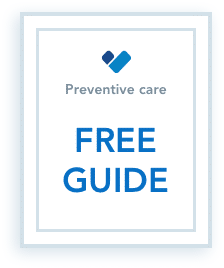



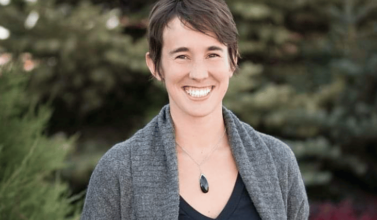
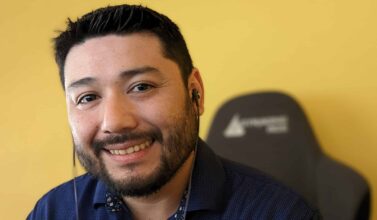
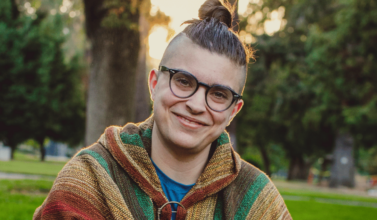
Leave a Comment